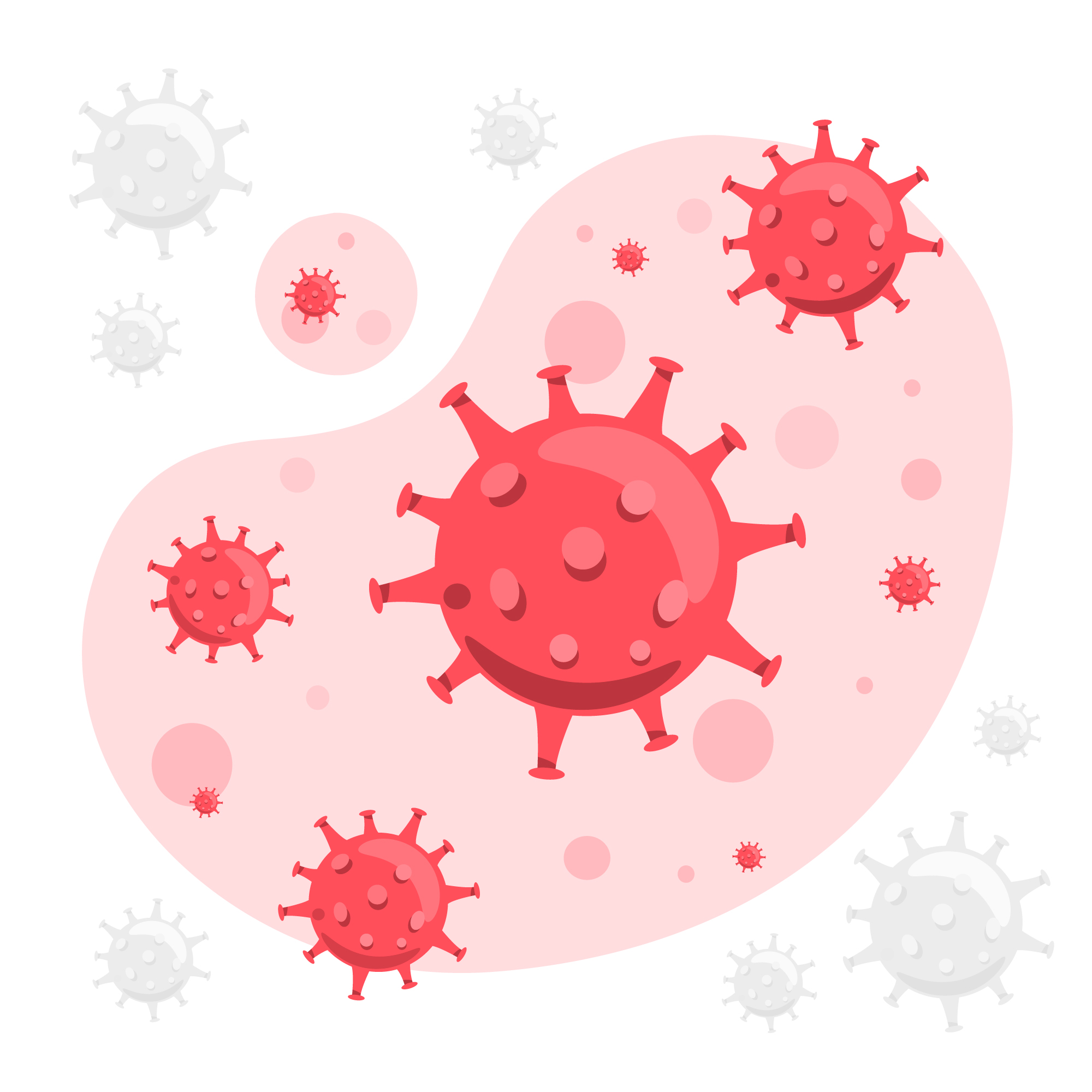GBS in India: Addressing the Contaminated Water Challenge

Water is essential for life, yet access to clean drinking water remains a challenge in many parts of India. Contaminated water can lead to severe health problems, including cholera, E. coli infection, diarrhea, typhoid fever, and, as recently highlighted, Guillain-Barré Syndrome (GBS).
The Pune GBS outbreak serves as a stark reminder of the potential consequences of consuming contaminated water. While the exact cause of the outbreak is still under investigation, contaminated water sources are strongly suspected to be a major contributing factor.
GBS is a rare autoimmune disorder where the body's immune system attacks its own nerves, leading to muscle weakness and sometimes paralysis. This can be life-threatening if it affects breathing muscles. The connection between contaminated water and GBS underscores the importance of proactive measures to ensure access to safe drinking water.
Here are a few ways by which you can ensure that you drink purified water, within your home and outside as well:
Within the Home
1. Use a Reliable Water Purification System
It is a must to have a water purifying system at home that can effectively eliminate harmful bacteria, viruses, and other pollutants from water.
Using UV or RO water purifiers filters out pathogens and contaminants like arsenic, making the water fit for consumption.
2. Boil Water
Boiling water for 10-15 minutes effectively kills bacteria, viruses, and parasites, making it a foolproof way to ensure the safety of drinking water.
Store boiled water in clean, covered containers to prevent contamination
3. Regularly Clean Water Storage Tanks
The water storage compartments also accumulate dirt over time; that’s why it is essential to clean them frequently.
Servicing of water purifiers at proper intervals ensures the safety of water and increases the longevity of the device.
4. Using Suitable Water Containers
You must store water in food-grade containers.
Avoid storing water in plastic containers as the risk of chemicals leaching remains high.
- Opt for stainless steel or glass bottles to maintain water quality.
5. Check for Pipe Leaks and Water Supply
It is a must to have a water purifying system at home that can effectively eliminate harmful bacteria, viruses, and other pollutants from water.
Using UV or RO water purifiers filters out pathogens and contaminants like arsenic, making the water fit for consumption.
Outside the Home
6. Always Carry Your Own Water
Make a habit of carrying a water bottle from home to avoid drinking water from unknown sources.
- Opt for copper bottles, which have natural antibacterial and antimicrobial properties, preventing the risk of water-borne diseases.
7. Choose Bottled Water Wisely
Carefully read the label of the bottle to ensure it has an ISI or FSSAI mark, as many local vendors carry duplicate labels of famous packaged drinking water brands.
Avoid buying water bottles from roadside vendors if the seal is broken.
It is advisable to keep iodine or chlorine tablets handy in case you are unsure of water quality.
8. Avoid Ice and Unverified Street Drinks
Ice used in roadside drinks is a common source of contamination due to unhygienic preparation and handling.
Stick to packaged beverages, but read the label for its expiry date and shelf life.
Conclusion:
Access to clean drinking water is a fundamental right, yet it remains a privilege for many in India. The GBS outbreak in Pune highlights the severe health risks associated with contaminated water. By adopting the proactive measures outlined above, we can protect ourselves and our families from waterborne diseases. Whether at home or outside, boiling, filtering, and proper storage are key to ensuring water safety. Staying informed and taking these simple yet effective steps can significantly reduce our risk of water-related illnesses, including potentially serious conditions like GBS.
Add another layer of protection with a health insurance policy that will help you cover medical expenses and protect your financial well-being if you are faced with sudden medical emergencies.
Disclaimer:
The information provided in the blog is for general purposes only. While the tips mentioned can help in filtering the water, they do not guarantee complete protection. Consult your local authorities for such concerns. Also, the reference of the recent outbreak is based on the information available publicly and should not be considered as a definitive cause without official confirmation from the concerned authorities.


